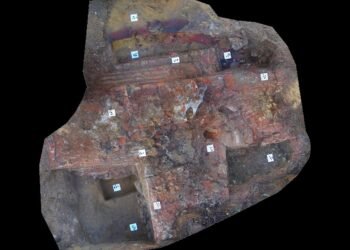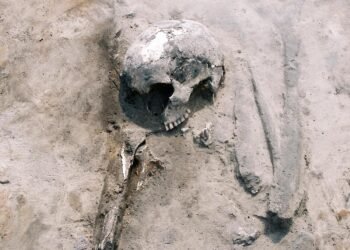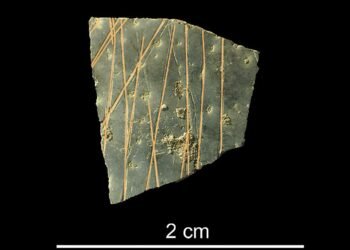In a cave just south of Lisbon, archeological deposits conceal a Paleolithic meal. In addition to stone tools and charcoal, the site of Gruta de Figueira Brava has rich deposits of shells and bones that reveal much about the Neanderthals who lived there, especially about their foods.
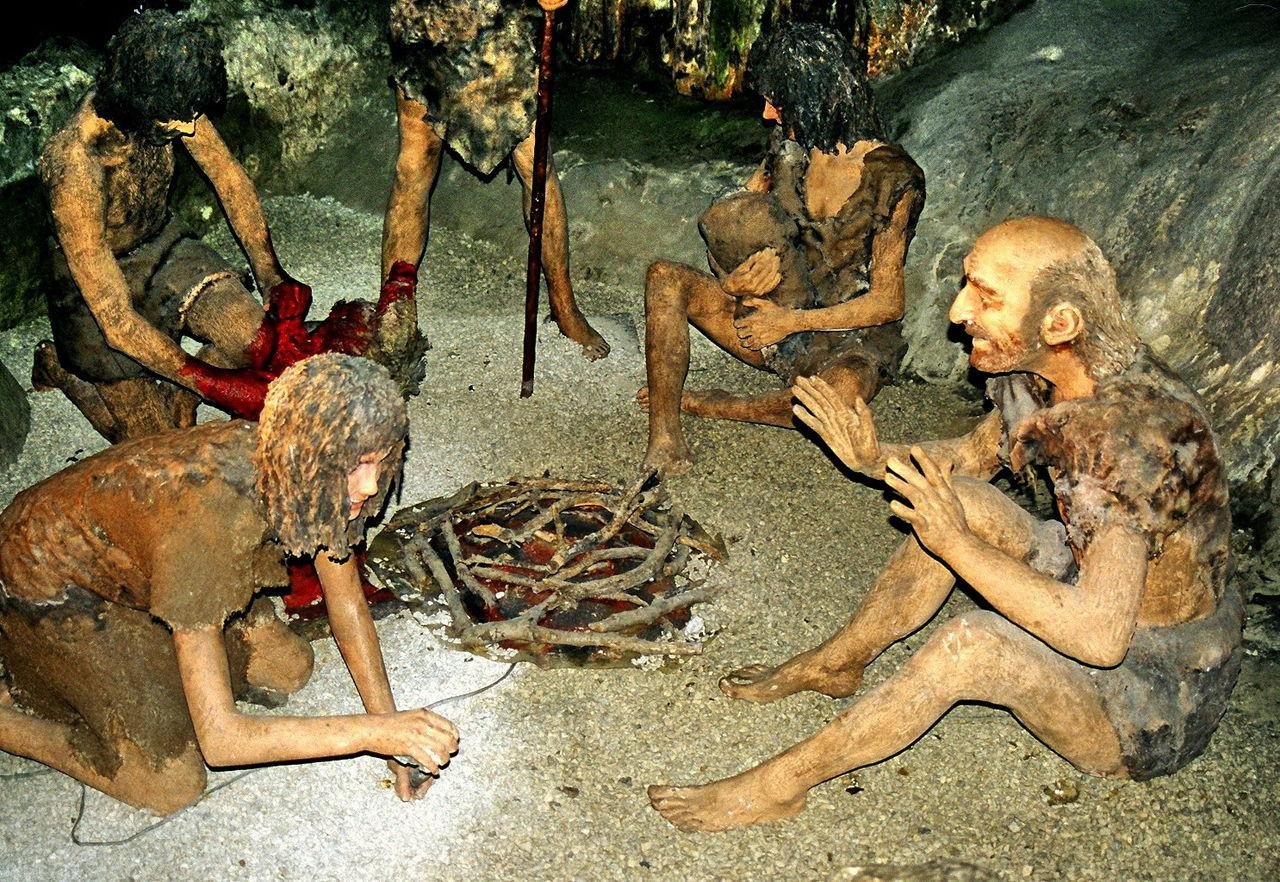
According to a research published in Frontiers in Environmental Archaeology, these Neanderthals were cooking and eating crabs 90,000 years ago.
“At the end of the Last Interglacial, Neanderthals caught huge brown crabs on a regular basis,” said lead author of the study, Dr Mariana Nabais of the Catalan Institute of Human Paleoecology and Social Evolution (IPHES-CERCA). She is an expert in zooarchaeology, or the study of animal remains that are discovered at archaeological sites.
“They were taking them in pools of the nearby rocky coast, targeting adult animals with an average carapace width of 16cm. The animals were brought whole to the cave, where they were roasted on coals and then eaten.”
“Neanderthals in Gruta da Figueira Brava were eating a lot of other marine resources, like limpets, mussels, clams, fish, as well as other terrestrial animals, such as deer, goats, aurochs and tortoises,” she said PopSci.
Nabais and her colleagues studied the deposits of stone tools, shells, and bones discovered at Figueira Brava, south of Lisbon.
A wide variety of shellfish remains were discovered in the archeological remains studied, however brown crabs predominated in the undisturbed Paleolithic deposits.
The archeologists examined the shells for breakage, butchery or percussion marks, and determined whether the crabs had been exposed to high heat.
Burns were discovered on around 8% of the crab shells, indicating that Neanderthals roasted the crabs in addition to harvesting them.
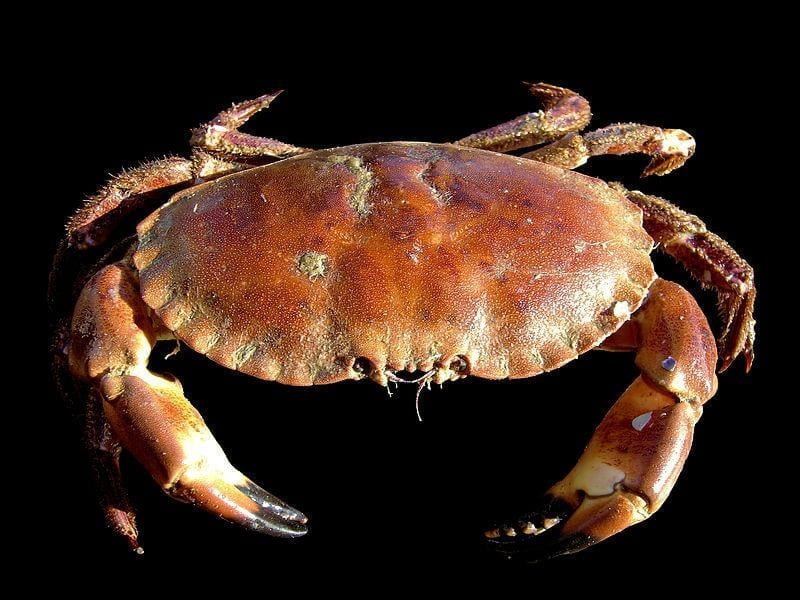
When the black burns on the shells were compared to studies of other mollusks, it was discovered that the crabs were heated to 572 to 932 degrees Fahrenheit, a typical cooking temperature.
“Our results add an extra nail to the coffin of the obsolete notion that Neanderthals were primitive cave dwellers who could barely scrape a living off scavenged big-game carcasses,” Dr Nabais said in a statement.
It is impossible to know why Neanderthals chose to harvest brown crabs or if they attached any significance to eating them, but consuming them would have given added nutritional benefits, she added.
More information: Citation: Nabais M, Dupont C and Zilhão J (2023) The exploitation of crabs by Last Interglacial Iberian Neanderthals: The evidence from Gruta da Figueira Brava (Portugal). Front. Environ. Archaeol. 2:1097815. doi: 10.3389/fearc.2023.1097815





